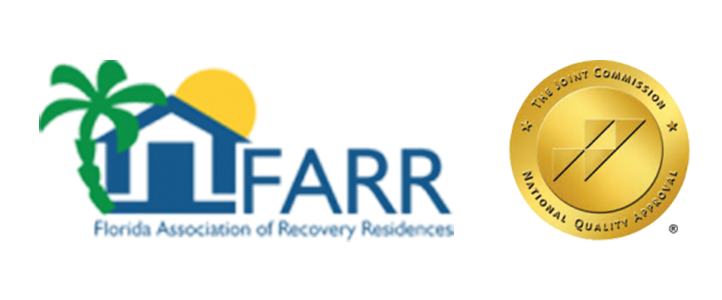Menu


For members of the public who have questions regarding patient quality or safety, please contact our facility directly at (844) 80-PALMS, or write to 3444 S Congress Ave, Palm Springs FL 33461, or through email at info@thepalmsrecovery.com. Alternately, member of the public may contact Joint Commission directly at (630) 792-5000 or electronically at www.jointcommission.org.
The Palms Recovery. – Privacy Policy – Powered by Cr3ativeGrowth